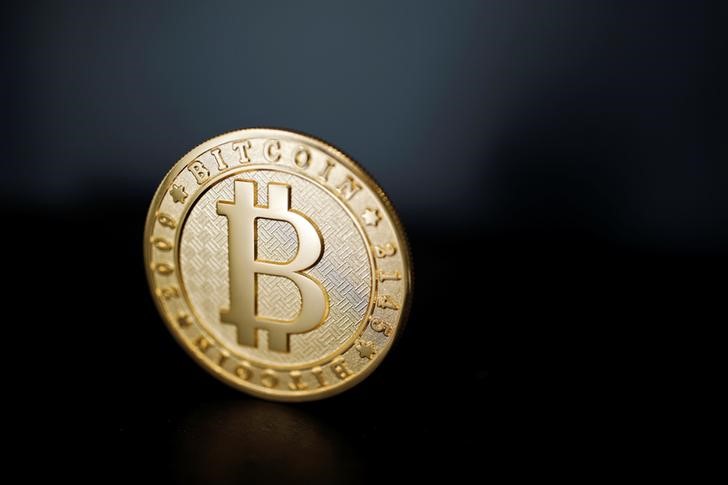Before breaking down the first GRAILS NFT Collection launch by Amino, let’s revisit the basics of non-fungible tokens (NFTs). In short, NFTs are unique digital assets that live on blockchain technology. Specifically, NFTs exhibit three characteristics:
- Unique: Each NFT is a cryptographic token representing something unique or non-fungible, meaning they aren’t interchangeable.
- Rare: NFTs employ the concept of digital scarcity, making each one valuable and desirable, like a traditional collectible.
- Indivisible: Unlike most cryptocurrencies, NFTs aren’t divisible into smaller units, making them non-fungible.
Although most NFTs have been minted as digital art recently, their non-interchangeable nature makes them appropriate for countless use cases. As a result, companies like Amino are leveraging these novel applications, integrating NFTs into their existing health and fitness ecosystem.
The Amino GRAILS NFT Collection The GRAILS Collection from Amino consists of over 30 NFT drops, each celebrating the careers and achievements of top athletes from various sports. The first collection will feature artwork highlighting Klay Thompson’s impressive NBA career, specifically his 2015, 2017, 2018, and 2022 championships with the Golden State Warriors.
Launching on the Binance NFT marketplace on October 18, 2022, the first drop will include 10,000 Mystery Boxes selling for $50 each. Rare NFTs will unlock special Klay Thompson memorabilia such as autographed jerseys, basketballs, and photographs. In addition, the rarest NFTs will give fans access to exclusive virtual and real-world experiences.
NFTs in the Sports Industry Collectible NFTs can be licensed by leagues, teams, or individual athletes—the digital equivalent of physical trading cards. Notably, issuing these digital assets is also efficient for the sports industry, representing collectible, authenticated, or limited edition digital content. Traditionally, ticket sales, media rights, and sponsorship form the three most significant revenue streams for teams and leagues. However, with NFTs, all three could see substantial growth due to tokenized tickets, media rights, and digital or metaverse events sponsorship.
Early adopters have recognized this potential, with thousands of sports NFTs available on platforms like OpenSea. For sports organizations, NFTs provide an exciting opportunity to establish new revenue streams while delivering novel ways for fans to support their favorite teams. These experiences can occur as real-life meet-and-greets or metaverse interactions and AMAs.
The Real World: Season Ticket Members Many teams are exploring ways to digitize their ticket sales. These emerging initiatives would give ticket holders, especially season ticket members (STMs), access to exclusive content in the real world. Such systems might also facilitate new ways to manage season ticket waitlists, offering incentives to those in waiting.
The Metaverse: Virtual Access Tokens Collectible NFTs and STM tokens are, in many respects, an evolution of regular loyalty programs. However, by integrating virtual metaverse experiences and NFTs, the sports industry can unlock new fan segments. For example, virtual access tokens can enable access to unique content during games, while daily membership provides more opportunities to engage with teams and individual athletes in a metaverse setting.
The Future of Sports NFTs A recent survey suggests that 41% of Americans will spend money on sports this fall, with top purchases including tickets (21%), merchandise and food (16%), alcohol and/or tailgating (15%). Recognizing the cultural significance of sports, companies like Amino are tapping into their popularity with NFTs. These licensed digital collectibles allow athletes, clubs, and sports brands to generate revenue while bolstering fan engagement.
By offering limited edition virtual and physical memorabilia or experiences, fans gain new ways to interact with their favorite players. As the first GRAILS NFT Collection, Klay Thompson’s digital collectibles fundamentally alter how fans interact with their favorite player, giving them more meaningful ways to connect. As the sports industry continues to evolve, Web3 is likely to play a critical role, reimagining how fans consume sports and form bonds with their teams.
This post contains sponsored advertising content. This content is for informational purposes only and not intended to be investing advice.
© 2022 Benzinga.com. Benzinga does not provide investment advice. All rights reserved.
